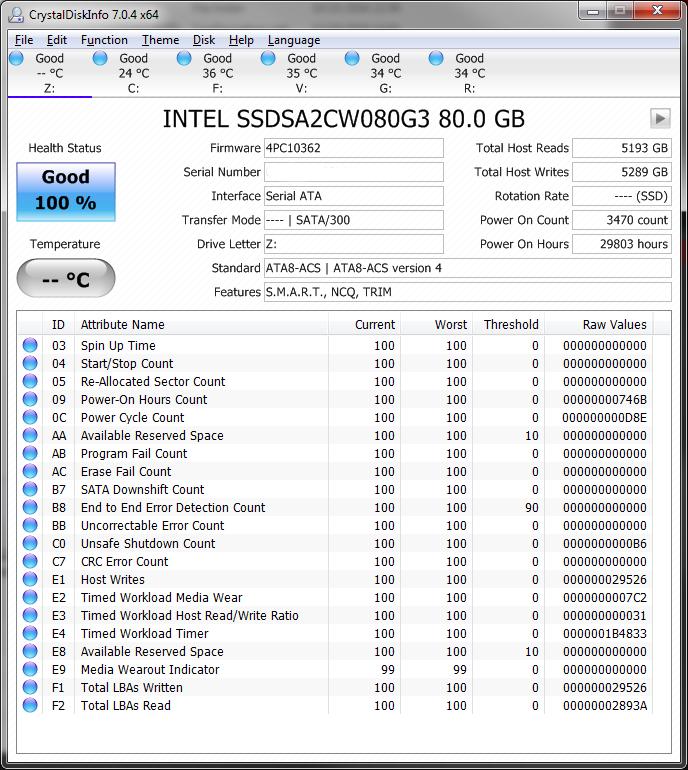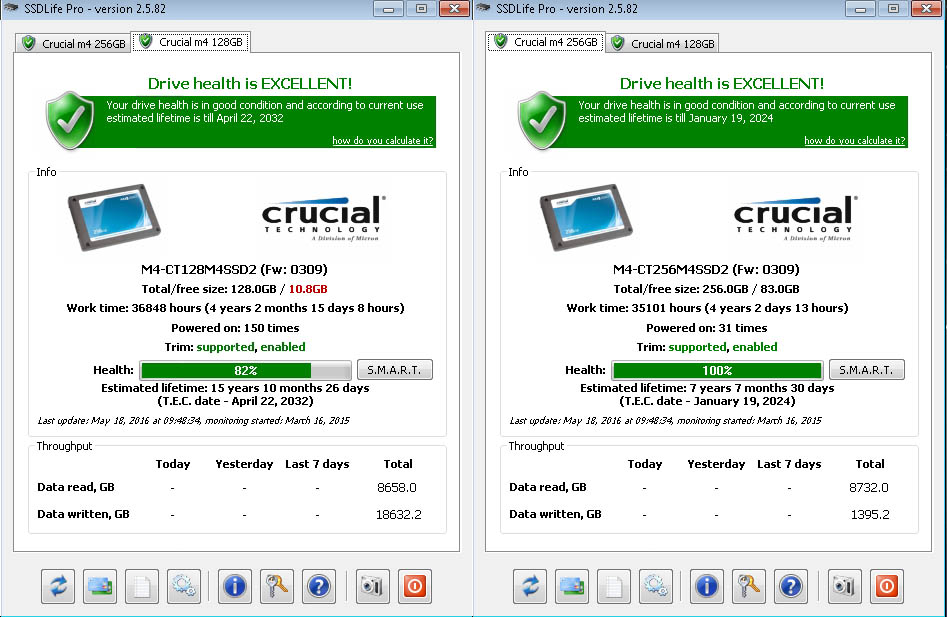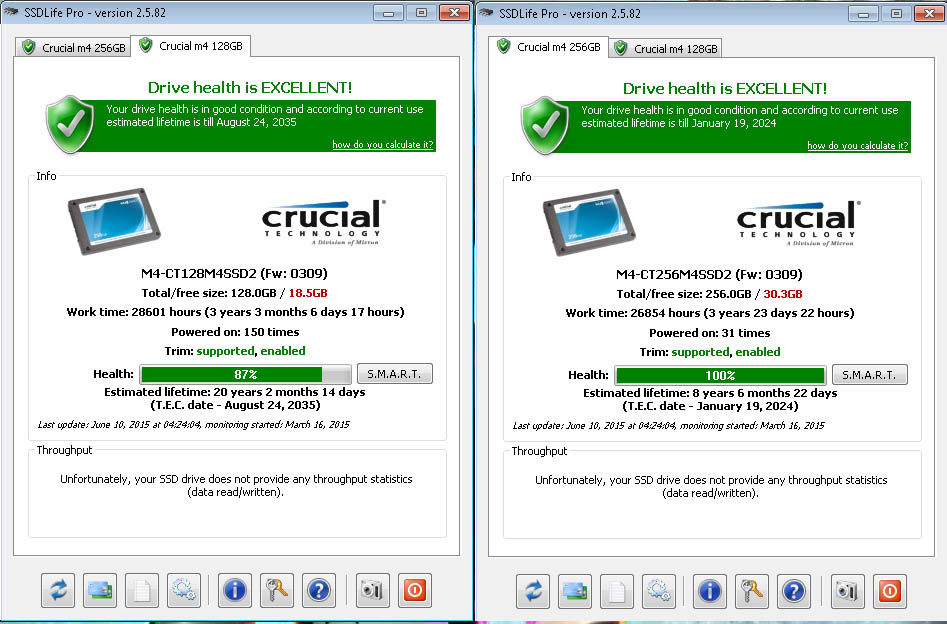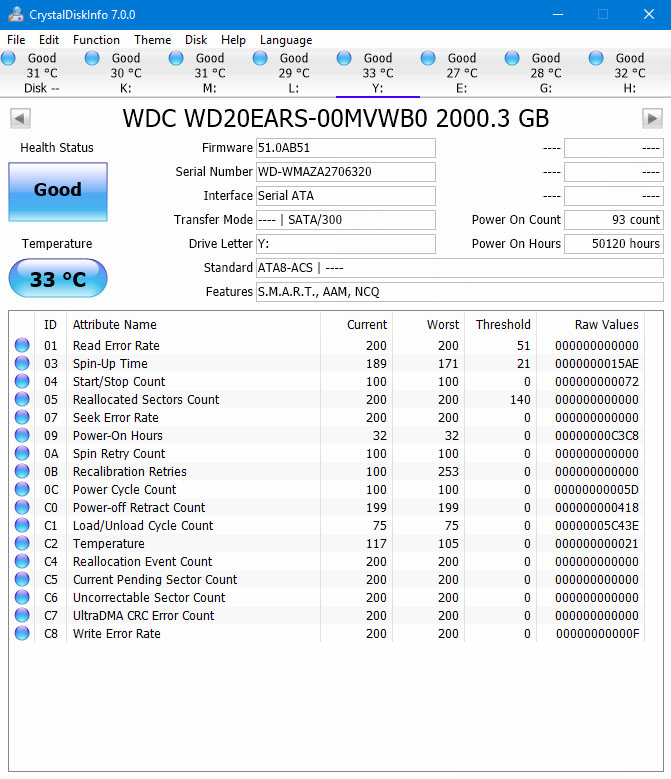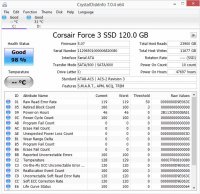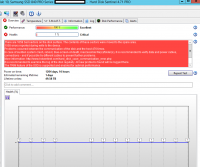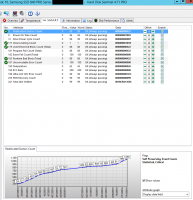JHefile
Necrophilia Makes Me [H]ard
- Joined
- Jun 22, 2003
- Messages
- 1,180
Well Mine never did. I used it like I abused it.
Look how amy hours I have on my SSD and turn ons and you tell me I can't use my SSD cause its as tender as a baby deer
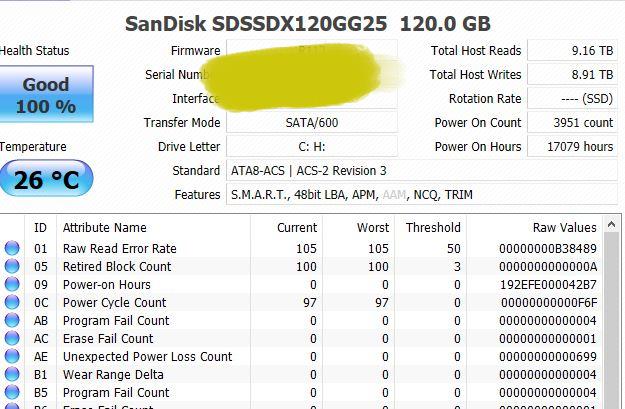
Look how amy hours I have on my SSD and turn ons and you tell me I can't use my SSD cause its as tender as a baby deer

![[H]ard|Forum](/styles/hardforum/xenforo/logo_dark.png)
